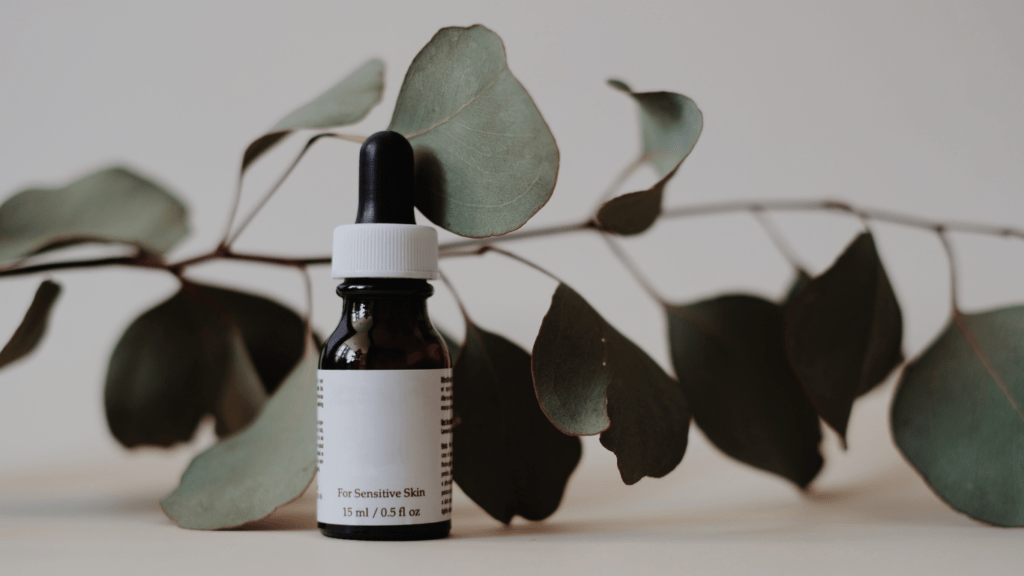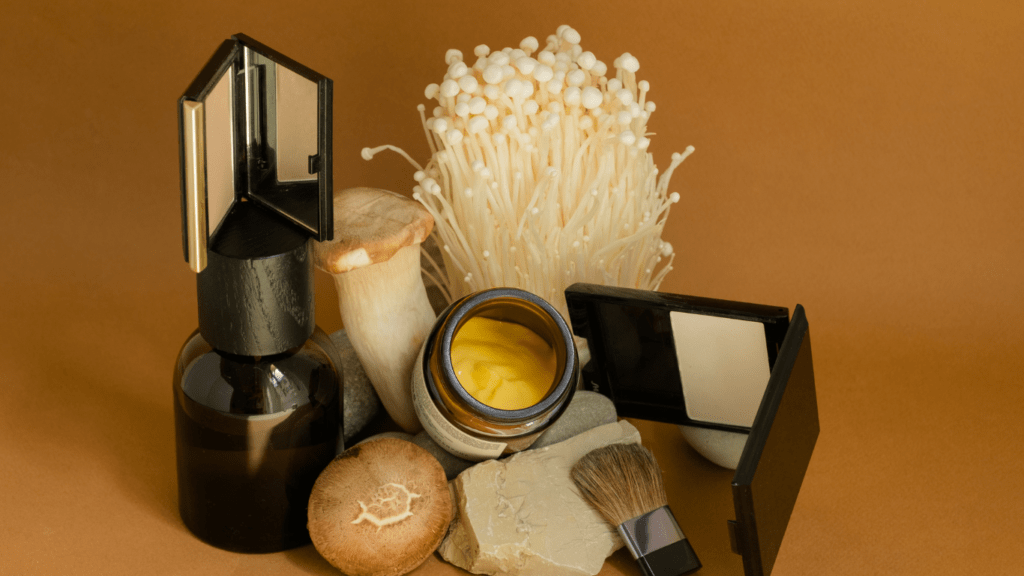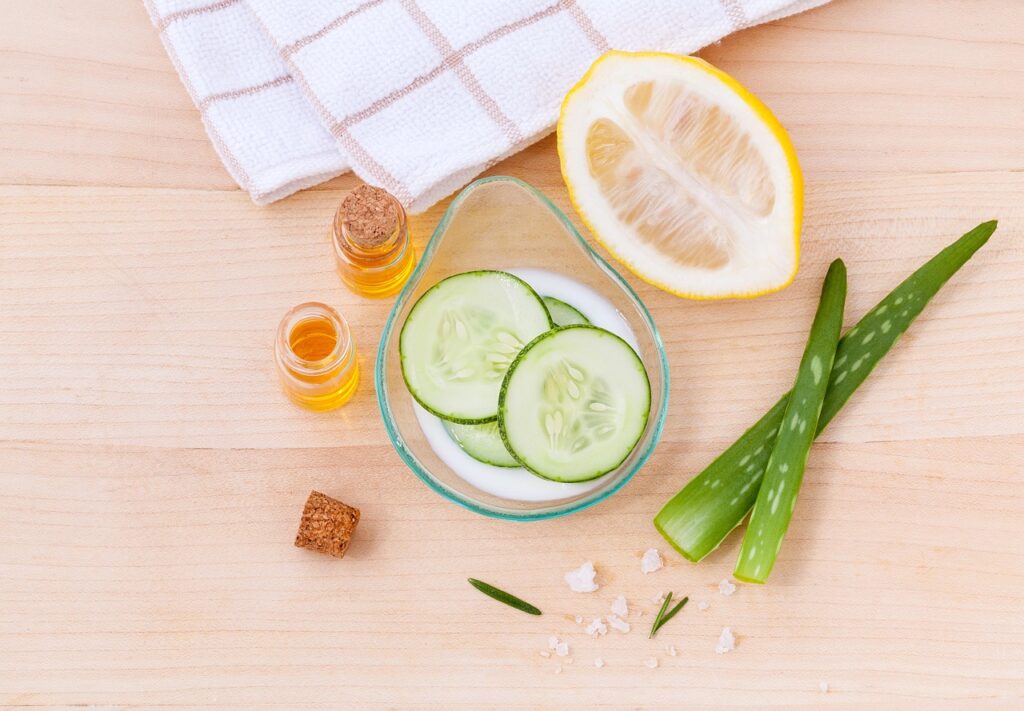Why Choose Organic Skincare?
Organic skincare products contain natural ingredients that nourish the skin without synthetic chemicals. These products reduce the risk of allergic reactions and skin irritations compared to conventional products. Using organic skincare also supports eco-friendly practices, as they often use biodegradable materials and avoid harmful chemicals like parabens and sulfates.
Consumers value transparency, and organic brands typically disclose their ingredient sources and production methods. This information helps users make informed choices and ensures they know what they’re putting on their skin. Additionally, organic farming methods promote biodiversity, reduce pollution, and support sustainable agriculture.
Supporting organic skincare brands also means endorsing cruelty-free practices. Many organic brands avoid animal testing, focusing on ethical ingredient sourcing and production. For those concerned about animal welfare, this is a significant factor in choosing organic options.
Health-conscious individuals often prefer organic skincare because these products align with a holistic lifestyle. Natural ingredients like aloe vera, chamomile, and coconut oil provide therapeutic benefits, offering both skincare and aromatherapy advantages. These elements contribute to overall wellness, enhancing both physical and mental health.
Opting for organic skincare delivers multiple benefits. These products offer safer, more transparent options while supporting environmental sustainability and animal welfare. High-quality ingredients not only improve skin health but also align with an eco-friendly and holistic lifestyle.
Key Criteria for Evaluating Brands
When choosing organic skincare brands, it’s important to consider several key factors. Here are the most crucial criteria for evaluating these brands.
Ingredient Transparency
Brands should disclose every ingredient used in their products. I look for detailed ingredient lists on packaging or brand websites. A good example is Herbivore Botanicals, which lists every component, including essential oils and plant extracts. Transparency ensures that I know exactly what I’m putting on my skin, helping to avoid allergens or irritants.
Sustainability Practices
Sustainable practices are non-negotiable for true organic brands. I evaluate whether companies use eco-friendly packaging and biodegradable materials. For instance, Tata Harper uses recyclable glass bottles and soy-based ink for labels. Also, brands should support sustainable sourcing, like RMS Beauty, which uses ethically sourced, raw ingredients.
Ethical Considerations
Ethical considerations include cruelty-free practices and fair labor. I check if brands have certifications from organizations like Leaping Bunny or PETA for cruelty-free status. An example is Dr. Bronner’s, which is certified both organic and fair trade, ensuring fair wages and humane working conditions for workers. Ethics ensure that my skincare routine aligns with my values.
Top Organic Skincare Brands

Exploring top organic skincare brands reveals a commitment to natural ingredients and environmental responsibility. Here are some brands that stand out in the organic skincare industry.
Brand 1: Herbivore Botanicals
Herbivore Botanicals focuses on using ethically sourced, natural ingredients. Each product is crafted without unnatural preservatives, aligning with the brand’s transparency commitment. Their packaging is eco-friendly, often made with recyclable materials. Products like the Blue Tansy Resurfacing Clarity Mask exemplify their dedication to high-quality organic formulations.
Brand 2: Tata Harper
Tata Harper is renowned for 100% natural and non-toxic skincare. Ingredients are sourced from Tata’s own farm in Vermont, ensuring the utmost quality and freshness. The brand practices sustainable production and packaging. Products like the Regenerating Cleanser reflect their ethos of luxurious and health-conscious skincare.
Brand 3: RMS Beauty
RMS Beauty combines organic ingredients with innovative skincare technology. Their formulations include raw, food-grade, and organic components. RMS is cruelty-free and focuses on minimal environmental impact through sustainable packaging. The “Living Luminizer” is a popular highlighter that showcases their approach to clean beauty.
Brand 4: Dr. Bronner’s
Dr. Bronner’s has a long history of producing organic and fair-trade skincare products. The brand emphasizes transparency in its ingredients and uses 100% post-consumer recycled packaging. Their Pure-Castile Liquid Soap is versatile and eco-friendly, highlighting their dedication to sustainability and ethical practices.
Brand 5: Pai Skincare
Pai Skincare caters to sensitive skin with organic ingredients chosen for gentleness and efficacy. The products are certified organic by the Soil Association and EcoCert. Pai promotes cruelty-free, vegan skincare with eco-friendly packaging. The Rosehip BioRegenerate Oil is a bestseller, offering nourishment for all skin types.
Brand 2: [Brand Name]
Tata Harper offers a blend of luxury and pure, natural ingredients, making it a standout in organic skincare.
Best Products from Tata Harper
- Regenerating Cleanser: This daily exfoliating treatment purifies and revitalizes the skin using apricot microspheres and willow bark extracts.
- Resurfacing Mask: The mask provides an instant glow by using pomegranate enzymes and pink clay to refine pores.
- Rejuvenating Serum: Packed with antioxidants, this serum targets fine lines and wrinkles using hyaluronic acid and Spanish lavender.
Pros and Cons
Pros:
- High-Quality Ingredients: Tata Harper uses 100% natural ingredients with no synthetic components.
- Sustainable Practices: Their commitment to eco-friendly farming, packaging, and production supports environmental sustainability.
- Effective Formulas: The brand focuses on creating multi-functional products that deliver noticeable results without harmful chemicals.
- Price: The luxury nature and high-quality ingredients make Tata Harper products expensive.
- Availability: Some products might be hard to find in physical stores, especially in non-major cities.
Brand 3: [Brand Name]
Youth to the People integrates science and natural ingredients, focusing on harnessing the power of superfoods. This brand offers eco-friendly packaging and is deeply committed to sustainability and cruelty-free practices.
Best Products from Youth to the People
- Superfood Cleanser – This cleanser combines kale, spinach, and green tea to cleanse and balance skin without stripping natural oils.
- Superberry Hydrate + Glow Dream Mask – Rich in antioxidants, this overnight mask targets dryness and dullness, leaving skin hydrated and radiant.
- Adaptogen Deep Moisture Cream – Formulated with ashwagandha and rhodiola, this cream provides deep hydration and stress relief for sensitive skin.
Pros and Cons
Pros:
- Uses superfoods for effective results
- Eco-friendly packaging
- Cruelty-free and vegan
- Higher price point
- Limited product range
How to Transition to Organic Skincare
Switching to organic skincare can be a rewarding decision for both your skin and the environment. Follow these steps to ensure a smooth transition.
Tips for First-Time Users
- Patch Test New Products: Apply a small amount of the product on your inner wrist or behind your ear, waiting 24 hours while watching for any adverse reactions.
- Start Slowly: Introduce one product at a time, such as a cleanser or moisturizer, to observe how your skin adapts before adding more items.
- Check Ingredients: Read labels and understand key ingredients. Look for certifications like USDA Organic or Ecocert to ensure the product’s authenticity.
- Hydrate Skin: Use hydrating products like toners or serums to maintain moisture levels during the transition phase.
Common Challenges and Solutions
- Skin Purging: Organic products may cause initial breakouts as your skin detoxifies. Keep consistent with your routine for a few weeks to allow your skin to adjust.
- Finding the Right Product: Experiment with samples or travel-sized versions to identify what works best for your skin type. Seek reputable brands known for their efficacy.
- Higher Costs: Budget-friendly options exist. Check for multi-use items or subscribe to brand newsletters for discounts.
- Limited Availability: If you can’t find organic products locally, explore online marketplaces that offer a wide range of options and ship globally.




